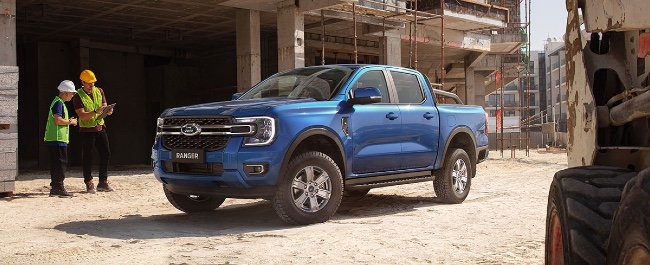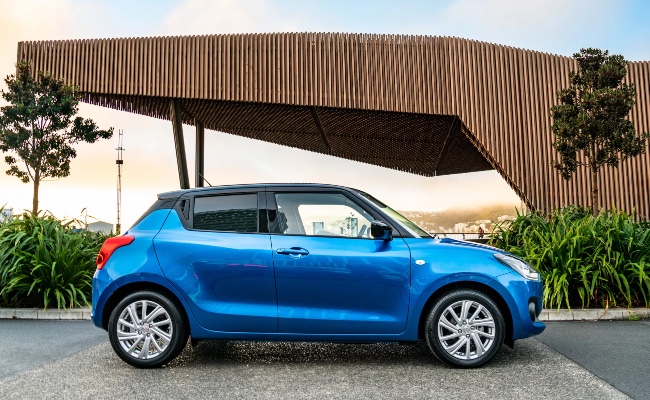Brace yourself for a big hike in the ute tax. Is the Clean Car Rebate ending? For some vehicles yes. Will others be taxed into oblivion?
From 1 July 2023 rebates and fees for the Clean Car Discount will change. Some of those changes are…
- The maximum rebate for new low-emission vehicles will decrease.
- The maximum tax on new high-emission vehicles will increase.
- The threshold at which vehicles will be subject to taxes will reduce from 192g of CO2 per kilometre to 150g.
As an example, we ran the numbers on a new Ford Ranger XLT 2.0L Diesel Ute, which faces a shocking 144% increase in the ute tax, from $1,840 to $4,485.

The Clean Car Scheme, popularly known as the Ute Tax, which was implemented in April 2022, aimed to promote the uptake of low-emitting vehicles such as EVs and hybrids by taxing high-emitting vehicles like diesel utes.
The taxes collected were then used to provide rebates for low-emitting vehicles, such as Tesla or Nissan Leaf EVs, of up to $8,625.

What many people didn’t realise, though, was that even petrol and diesel vehicles could qualify for rebates. Vehicles like the Suzuki Swift or Skoda Octavia Wagon received up to $1,400.
Is the Clean Car Rebate ending?
Due to the scheme paying out more in rebates than it collected in taxes, the government has released details of changes to the scheme, effective from 1 July 2023.
The revised scheme reduces the rebate for EVs and increases the tax on higher-emitting vehicles like utes.
The rebate for new zero-emission vehicles (EVs) will decrease from $8,625 to $7,015.
Previously, the criteria for a vehicle to be charged a fee (ute tax) was set at 190g of CO2. Now, it has been lowered to 150g, meaning many low-emission petrol/diesel vehicles, including a number of hybrids, will no longer qualify for rebates, which is disappointing.
To support the program, the government will increase its Crown Grant to the scheme by $100 million, which will be confirmed in this month’s budget in 2023.
For Driveline clients, the changes to the Clean Car Scheme mean that you should act fast if you are considering a new car that will attract a tax.
Many low-emitting petrol/diesel vehicles and hybrids will no longer qualify for rebates.
And something like the Ford Ranger XLT 2.0L Diesel Ute’s tax will increase from $1,840 to $4,485, which translates into an extra $50 plus GST per month on a 4-year lease.
Winners
- There are no winners.
Losers
- EVs. Because the rebate will decrease by nearly 20%.
- Low-emission petrol, diesel and hybrid vehicles emitting between 150g and 190g CO2/km. Because they no longer qualify for rebates.
- High-emitting vehicles like utes and SUVs. Because the ute tax on them will be up to 144% higher.
If you’re planning on buying a new car, act fast to avoid the increased tax.
Best talk to us pronto to secure a vehicle currently in stock or arriving on one of the few remaining ships due before 1 July 2023 to avoid the increased tax.
Give the Driveline team a call on 0800 275-374 or email us at info@driveline.co.nz or contact us or use the Request Quote form below.
